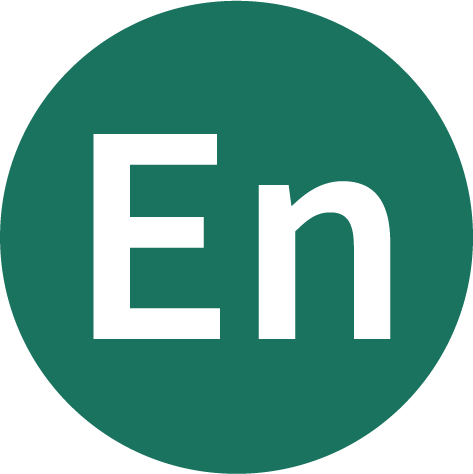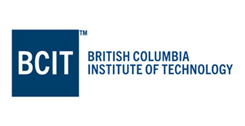 Natural Resources & Environment
Natural Resources & Environment Online at your own pace
Online at your own pace Winter Term
Winter Term $500 - $1000
$500 - $1000 English
English
This course incorporates simulator activities delivered via a cloud-based solution accessible through a web browser. Upon successful completion, participants will attain an advanced level of proficiency. This proficiency enables them to navigate simulated thermal power plant operations, evaluate control loops in a simulated environment, summarize the effects of process modifications through manipulation of the Thermal Power Plant model, articulate strategies for enhancing economic plant performance, and test and modify control logic in dynamic environments. These acquired skills not only empower participants within their professional roles but also contribute significantly to improving safety standards in the energy industry. Furthermore, they play a pivotal role in supporting Canada’s transition to a low-carbon economy. Evaluation will be based on individual simulation lab work, with a passing mark being a prerequisite for obtaining the Microcredential.
Upon successful completion of this course, the student will be able to:
The Thermal Power Plant Simulation Proficiency microcredential is a paradigm shift in the power industry, enhancing safety, sustainability, cost-efficiency, and the environment. Learners and engineers will gain unprecedented opportunities to master emergency response, optimize workflows, and boost plant efficiency.
Power engineers and process operators operate and maintain reactors, turbines, boilers, generators, stationary engines, and auxiliary equipment to generate electrical power and to provide heat, light, refrigeration, and other utility services for commercial, industrial, and institutional buildings, and other work sites.
 Winter Term
Winter Term